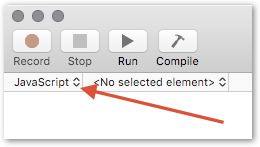
See a draft (Javascript for Automation) script using the same options as iThoughts at:
https://discourse-test.omnigroup.com/t/script-to-convert-oo-to-markdown-tex-and-pdf-using-pandoc/31429/7?u=draft8

See a draft (Javascript for Automation) script using the same options as iThoughts at:
https://discourse-test.omnigroup.com/t/script-to-convert-oo-to-markdown-tex-and-pdf-using-pandoc/31429/7?u=draft8
